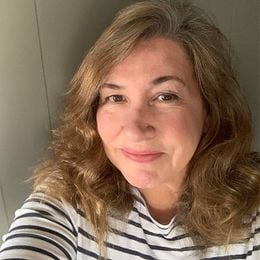‘Bright Lights, Prairie Dust’ Reveals More to Karen Grassle Than 'Little House on the Prairie'
In a new memoir, the actor who played 'Ma Ingalls' tells of her struggles with mental illness and alcoholism, her love for theater and her experience with #MeToo
Fans of "Little House on the Prairie," the NBC family drama that ran from 1974 to 1983, will have fond memories of "Caroline Ingalls," better known as "Ma," in the heartwarming program based on the series of books by Laura Ingalls Wilder.
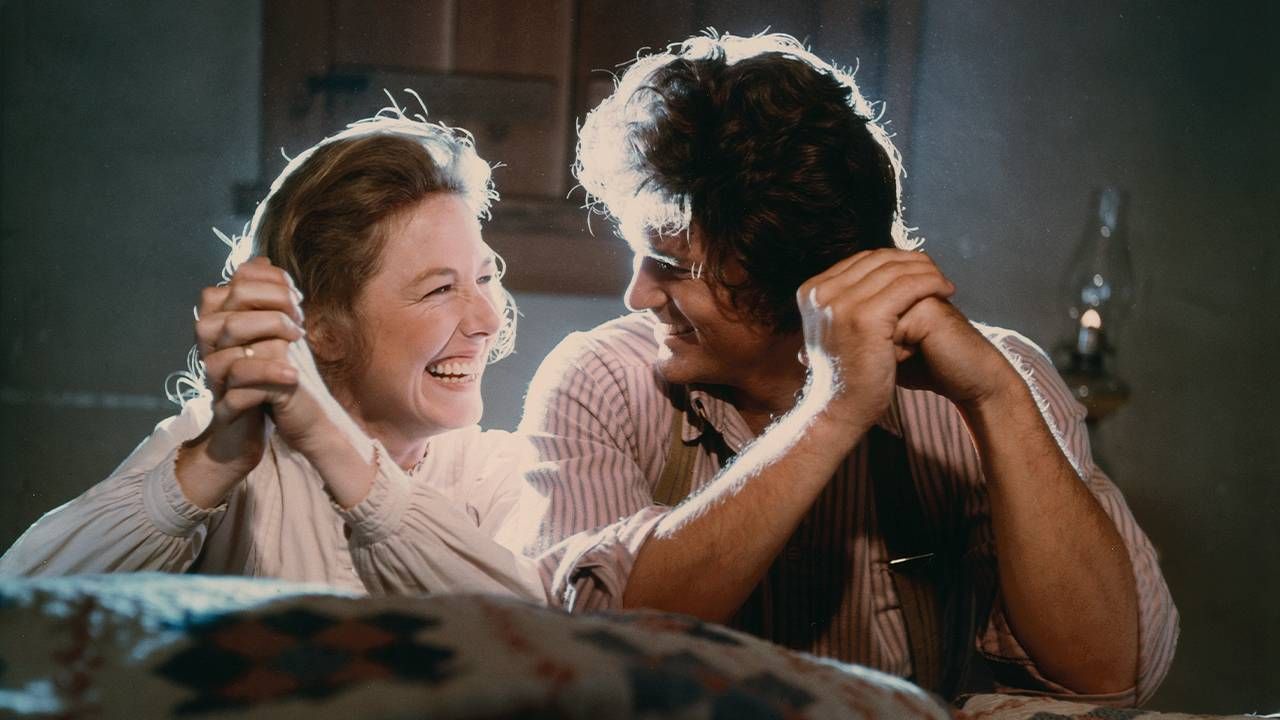
Ma, played by Karen Grassle, was sweet and loving to her husband Charles (played by Michael Landon, who was also the show's executive producer) and her daughters, Mary, Laura (aka Half-Pint) and Carrie, but would occasionally show feisty flashes of independence, most especially when tangling with the town gossip, Mrs. Oleson.
In an age before social media, the personal struggles of actors like Grassle, who was 32 when she began playing the role of Ma, went mostly unseen.
"There was no point for me to write this book if I wasn't gong to tell my story, and my story is complicated with mental illness, alcoholism and show business, which is a very tough profession."
As Grassle, now 79, who has been married twice and is currently unmarried, writes in her new memoir "Bright Lights, Prairie Grass," her own story was complicated by mental illness, alcoholism [she went into a recovery program in 1977), and a bohemian lifestyle. But she found joy in her work on the stage, in her relationships and in her commitment to creativity.
Grassle's memoir details her life beginning with childhood (with a stern but loving mother, Frae Ella, and Gene, a kind but depressive and alcoholic father) and ending with a "Little House" reunion of cast members, 15 years after the series had ended and after the deaths of actors including Landon (who died in 1991 of pancreatic cancer) and Victor French, who played "Mr. Edwards" and died in 1989.
In a recent conversation with Next Avenue, Grassle, who says she's "doing fine," after being diagnosed with breast cancer in 2020, talked about her candid memoir, her love for theater and her life on television, as well as some thoughts on the challenges of the pandemic. Following the Q & A is an excerpt from "Bright Lights, Prairie Dust."
This interview has been edited for length and clarity.
Next Avenue: There is so much vivid detail about your life – beginning from a young age – in 'Bright Lights, Prairie Dust.' Did you keep journals over the years?
Karen Grassle: When I was about thirteen, I think, I started keeping journals, but not consistently. But I've always been known for my memory, so that was a great aid. A memory will come up in my mind and it's almost like watching it on a movie screen. When I started writing the book, I just let the memories dictate to me, writing them down as fast as I could. I didn't want to judge my writing and keep myself from getting stuff down.
The book begins with a scene of you making out with a stranger on an airplane, almost going home with him, but fighting what you describe as being pulled toward a 'black hole,' as you try to maintain equilibrium before heading to the 'Little House' set the next day, This sets your brutally honest tone for the book – this isn't about 'Ma Ingalls,' it's about your life and its challenges.
There was no point for me to write the book if I wasn't going to tell my story, and my story is complicated with mental illness, alcoholism and show business, which is a very tough profession. There was no point for me to write a feel-good book about 'Little House.'
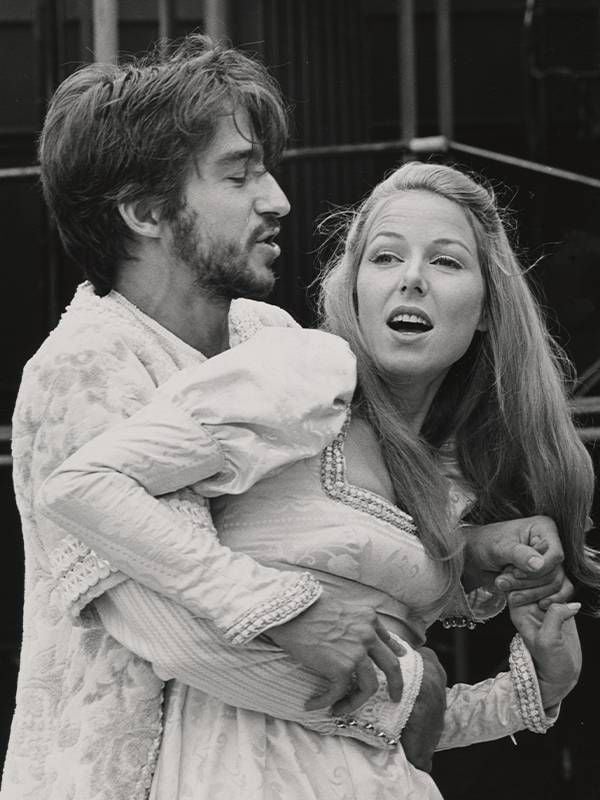
Your background – and your first love – is theater and you have been on stage in New York, London, Los Angeles and San Francisco. How did those experiences inform, and continue to inform, your work?
That was another reason I wanted to write the book: to share what the actor's life is really like, the discipline involved, the training and the goals we have as artists. All of that can get lost in the glitz.
Before the pandemic, I was acting whenever I got the chance. I was due to go into rehearsals for a Stephen Sondheim musical and I was very disappointed [when that was cancelled]. It was such a delicious part. I've only done a couple of musicals, so I was looking forward to the challenge.
I would love to do a play again. I feel like so much has been resolved in me through the writing and the quiet of the pandemic. I feel there's a lot I could pour out.
Challenging the Boys' World of 'Little House'
During the time you were writing your book, the #MeToo movement gained significant traction, and, as you write, you faced similar incidents in your own career. Can you tell us more about that, and about your fight to be paid fairly for your work on 'Little House?'
Right away, I knew the women were telling the truth. I was very fortunate that by the time I got to New York, I had graduated college, had a Fulbright scholarship to London and done a year of repertory theater. I was not a kid – I had professional qualifications on my resumé. I brought that into the room and it protected me.
'Little House' was a boys' world. A lot of them worked together on 'Bonanza' for years. [Landon was one of its stars.] They were family. They talked about sports every Monday, they all drank hard. I was definitely the odd person out; I came from New York, not from television.
We established good working relationships. I gained their respect and Mike really liked my work. So I was shocked when I asked for a raise, just commensurate with what people get paid on a hit show, and he didn't want to give it to me.
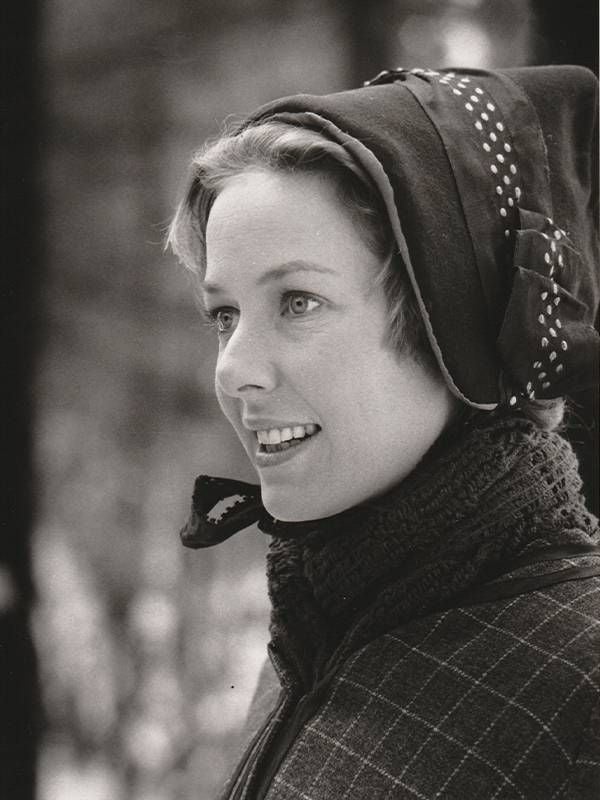
I hung in [with the negotiations] because with my theater background, it wasn't my goal to go from one TV series to another TV series to another TV series. It was my goal to have this show, to do my best and to get some financial security so that I could make choices that were more in line with my dreams.
The success of 'Little House' led to fame and recognition for you, but your battles with your own demons were coming to a head. Can you tell us a little bit about that?
Getting that job and having that success helped me to hit my bottom. A lot of actors hit bottom in Hollywood because the work is so demanding and the temptations are so great to have whatever you want, whenever you want. I felt I was very lucky to be in a situation where I could hit my bottom, find help and move on.
Drawing on the Strength of Her Mother
Creating the character of 'Caroline Ingalls' led you to draw on your mother's background, and also upon her strength. What were the similarities?
There was very little research about Ma; Laura didn't write that much about her and a lot of what she did write was negative. So I had to reach back for what I knew. My mom had been from the country. She had been a one-room schoolhouse teacher and ridden to school on horseback.
She was a very dedicated mother. She made sure our clothes were nice [Grassle has a sister, Janey] and the floor was clean. Everything had to be done right, and in some ways that made her a little harsh. She was a perfectionist and we couldn't really do everything perfectly.
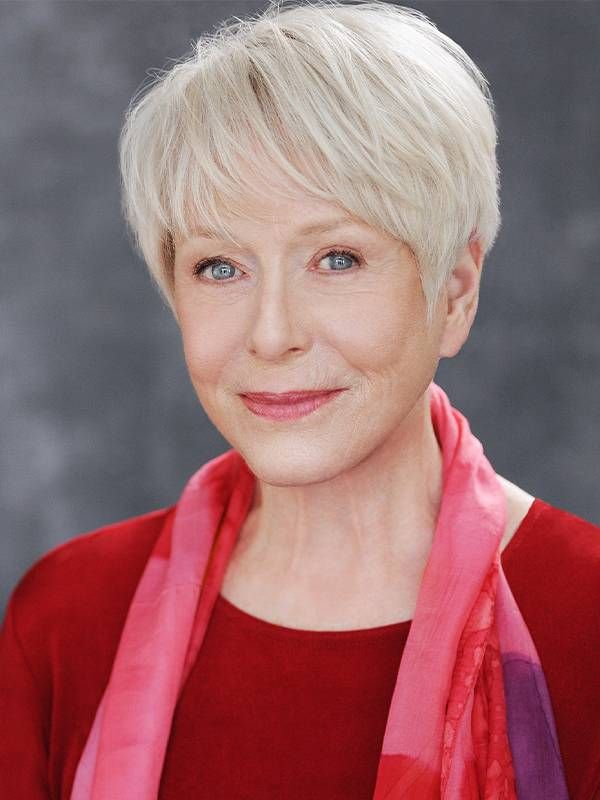
My own warmth and my own love of children infused the character so she wasn't just stalwart and strong.
You wrote a personal essay for Next Avenue in 2019, 'Don't Call Me Young Lady' which was very popular with our readers. Do you think the pandemic has reframed the way people are now thinking about older adults?
That's a very interesting question. My first reaction, when it was announced that older people were the ones in the most danger [of contracting COVID-19] was that we were going to get left out. I guess that was cynical of me, because that wasn't what happened.
What happened was that a great effort was made by the government and the medical authorities to protect the elders and I was very impressed by that. Our society was saying 'we value these people and we're going to take care of them.'
I do notice that some of my friends seem to be having a harder time getting out. I noticed that in myself at first, that I was going to be one of those people who were afraid to go out. So I had to give myself a kick and say 'Get out there!' When I'm out with people, I feel stimulated. I feel more alive. It's good for me.
Editor’s note: The following is an excerpt from "Bright Lights, Praire Dust: Reflections on Life, Loss and Love from Little House's Ma" by Karen Grassle. Used with permission of She Writes Press.
The show was set to air in March, and pressure was mounting to finish on time. Two weeks in, the editor came up to work on a rough cut, while we continued to shoot. To speed things up, the dailies, flown down to Hollywood each night, were transferred to videotape so the editor and Mike could edit, on site. Sometimes the tule fog in the valley grounded the small planes.
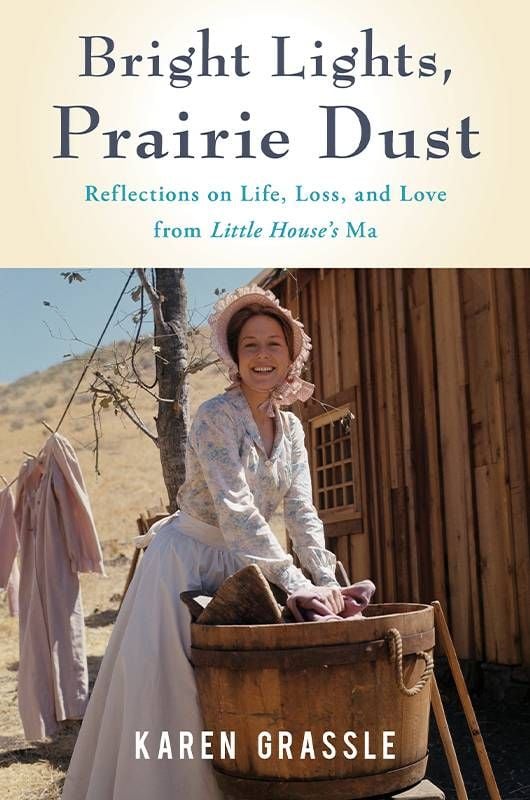
One evening after work Vince Gutierrez, the editor, approached me and said, "You know you have to match your work." I had no idea what he meant. He explained that in medium shots and close-ups, I had to do the same thing I'd done in close-up, but I still didn't understand. Everyone talked about Dustin Hoffman's brilliance for doing something fresh and different for every take.
I took my question to Mike, who wasn't happy the editor had approached me. Things were going well, and he didn't want me to begin to feel self-conscious. But he explained it simply: If I opened a door with my right hand as I said a line, I needed to repeat that in all the covering shots, so they could cut different takes together. Many times, over the years, Mary Yerke, our diminutive script supervisor with the eagle eye, called out, "Braids back!" meaning Laura's braids had been behind her shoulders during the master. Mary wrote furiously in her script the details of our gestures and behavior, and her script was the post-production bible.
Movie companies take months to shoot a two-hour movie, but we had four weeks to shoot our pilot, and Mike and the cinematographer were aiming for high-quality work. Many actors prefer shooting television to features because of the quicker pace, and for me shooting outdoors was invigorating. I had plenty to do to keep up with my character's development, continuity, and the new technical skills I was acquiring.
I ate like a horse, and I lost five pounds. At the end of the shoot, Tuie [her boyfriend at the time] drove up to take me to Big Sur, my favorite place, for some rest and relaxation. We were on top of the world. He had found us a house to rent in Laurel Canyon and had moved our sparse belongings in. We had a home again. His divorce had been finalized at long last, and when he proposed, I accepted. It seemed as if suddenly everything was right with the world.
